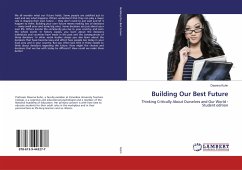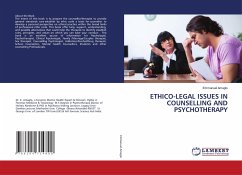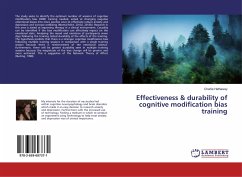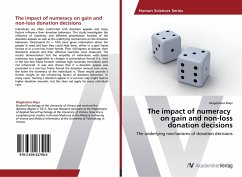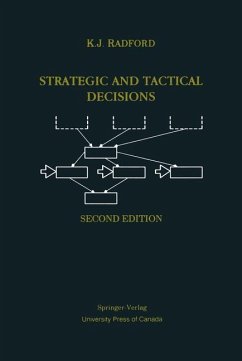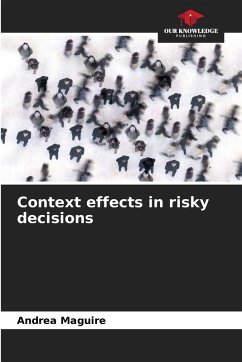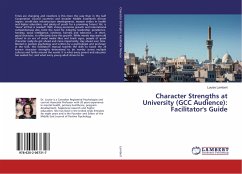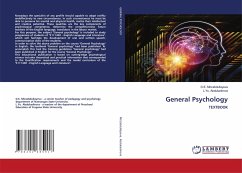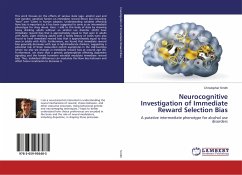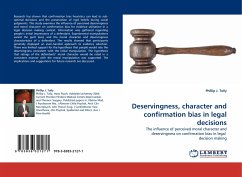
Deservingness, character and confirmation bias in legal decisions
The influence of perceived moral character and deservingness on confirmation bias in legal decision making
Versandkostenfrei!
Versandfertig in 6-10 Tagen
32,99 €
inkl. MwSt.

PAYBACK Punkte
16 °P sammeln!
Research has shown that confirmation bias heuristics can lead to sub-optimal decisions and the preservation of rigid beliefs during social judgments. This study examines the influence of perceived deservingness and moral character on confirmation bias for evidence utilisation in a legal decision making context. Information was gathered regarding people s initial impressions of a defendant. Experimental manipulations varied the guilt level, and the moral character and deservingness characteristics of a defendant. The results showed that participants generally displayed an even-handed approach t...
Research has shown that confirmation bias heuristics can lead to sub-optimal decisions and the preservation of rigid beliefs during social judgments. This study examines the influence of perceived deservingness and moral character on confirmation bias for evidence utilisation in a legal decision making context. Information was gathered regarding people s initial impressions of a defendant. Experimental manipulations varied the guilt level, and the moral character and deservingness characteristics of a defendant. The results showed that participants generally displayed an even-handed approach to evidence selection. There was limited support for the hypothesis that people would rate the deservingness consistent with the initial manipulation. The hypothesis that ratings of the defendants moral character would be rated in a consistent manner with the moral manipulation was supported. The implications and suggestions for future research are discussed.



